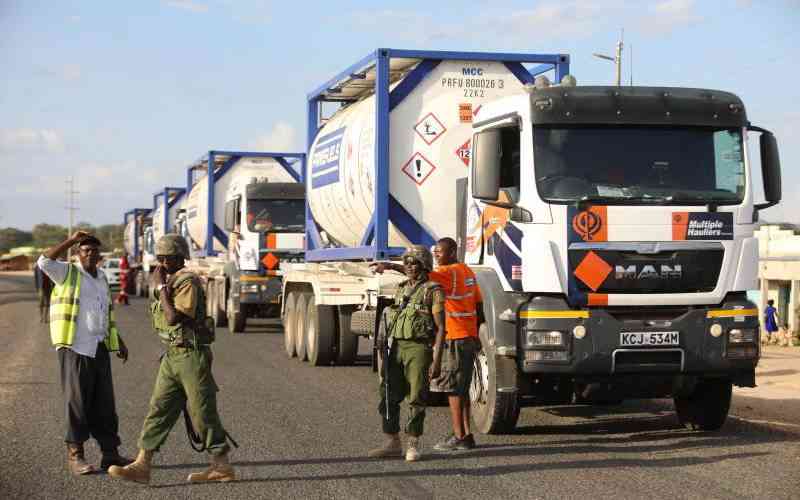×
The Standard e-Paper
Home To Bold Columnists

Kenya could soon pay the price for incessant delays in commercialising its oil project.
It is now a race against time to bring the oil to the ground at a time when there are increased concerns about the damage that fossil fuels are causing to the environment. Different factors over time have resulted in moving forward the date when Kenya will start oil production, which had at some point been expected to be around 2021 but all likelihood points to 2027.